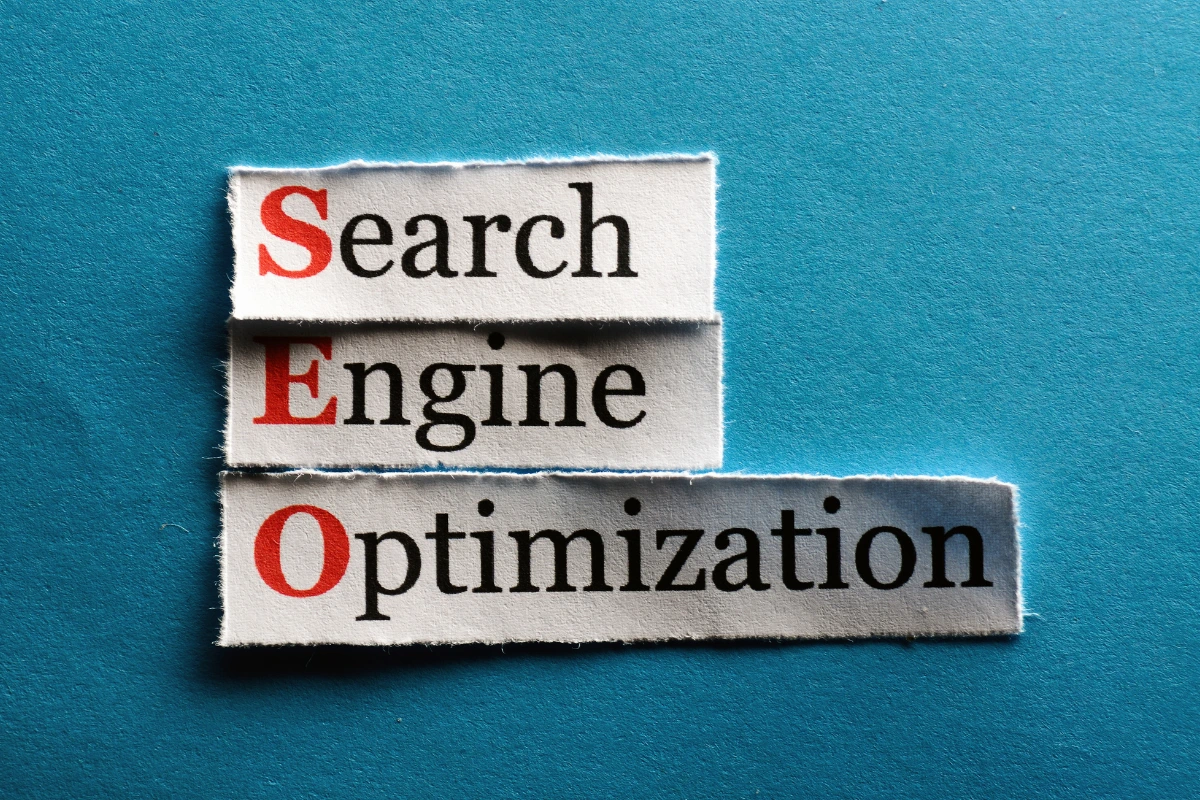What Exactly is Google Phrase Match?

Google Ads continues to evolve, with its latest updates focusing on AI-driven, intent-based matching. Phrase match keywords are a powerful tool in this shift, providing advertisers with an effective way to connect with users’ search intent. This guide explains what phrase match is, how it works, and the strategies you can use to make the most of this advertising feature.
What is Phrase Match in Google Ads?
Phrase match is a keyword match type in Google Ads that allows advertisers to target searches containing the meaning of their chosen keywords, even if the exact words or order differ. Unlike exact match (which requires a precise query match) or broad match (which casts a wide net), phrase match strikes a balance by offering broader reach while maintaining relevance.
Example of Phrase Match
Suppose your phrase match keyword is “running shoes.” With Google’s intent-based matching, this keyword might trigger ads for searches like:
- “best shoes for running”
- “women’s jogging sneakers”
- “comfortable sports footwear for running”
While the words may not be identical, Google’s AI recognises the intent behind these queries, ensuring your ad is displayed to users likely searching for related products or services.
Why Use Phrase Match?
Phrase match offers a middle ground between the precision of exact match and the expansive reach of broad match. Here’s why it’s beneficial:
- Broader Reach Without Sacrificing Relevance: Phrase match keywords capture a wider range of searches that align with your target audience’s intent.
- Improved Campaign Efficiency: By focusing on intent-aligned queries, phrase match reduces the risk of irrelevant clicks that waste budget.
- Flexibility in Targeting: Advertisers can adjust keyword themes to match specific audience segments, improving engagement and conversions.
- Enhanced Performance with Smart Bidding: When paired with Google’s Smart Bidding, phrase match optimises bids for conversions, improving return on ad spend (ROAS).
How Phrase Match Differs from Other Match Types
| Match Type | Definition | Use Case |
| Exact Match | Targets queries identical to the keyword. | High-precision targeting where relevance is critical. |
| Phrase Match | Targets queries with the same meaning as the keyword. | Balances reach and relevance for intent-driven campaigns. |
| Broad Match | Targets loosely related queries. | Ideal for discovery campaigns to explore new opportunities. |
New Features in Phrase Match
Recent updates to phrase match have introduced several enhancements:
Intent-Based Targeting
Phrase match now prioritises search intent over exact phrasing. This approach ensures ads appear for relevant queries, even if the exact wording differs.
Brand Controls
Google Ads now allows advertisers to manage brand visibility with two new tools:
- Brand Exclusions: Prevents ads from appearing for irrelevant brand-related searches.
- Brand Inclusions: Ensures ads only show for queries associated with selected brands.
Thematic Targeting
Organising keywords by themes, such as “eco-friendly products” or “fitness equipment,” ensures ads target closely aligned user queries within a specific context.
How to Use Phrase Match Effectively
To maximise the benefits of phrase match, follow these strategies:
Create Thematic Keyword Groups
Group related keywords into themes for better relevance and ad performance. For example:
- A campaign for athletic wear could include keywords like “yoga leggings,” “gym shorts,” and “sports bras.”
Regularly Update Negative Keywords
Add irrelevant terms to your negative keyword list to prevent wasted ad spend. For instance, if you’re selling premium products, exclude terms like “cheap” or “discount.”
Use Search Term Reports
Google’s enhanced reporting tools reveal previously hidden queries, helping you refine your keyword strategy and exclude irrelevant terms.
Pair with Smart Bidding
Smart Bidding uses machine learning to optimise bids based on real-time signals, such as device type, location, and time of day. This ensures your phrase match keywords perform at their best.
Monitor Performance Metrics
Analyse metrics like conversion rate, cost-per-click (CPC), and ROAS to measure success and make data-driven adjustments.
Advantages of Phrase Match
- Enhanced Visibility: Google’s AI ensures your ads appear for queries aligned with your campaign goals, increasing visibility among relevant audiences.
- Improved Efficiency: By focusing on intent rather than strict phrasing, phrase match reduces the likelihood of irrelevant impressions.
- Optimised Cost-Effectiveness: Phrase match strikes a balance between broad reach and controlled targeting, making it a cost-effective option for advertisers.
Challenges and Drawbacks
While phrase match is highly effective, it does have some limitations:
- Risk of Irrelevant Matches: Broader targeting increases the possibility of less relevant queries triggering ads. Regular monitoring is crucial to mitigate this risk.
- Higher Costs if Mismanaged: Without proper negative keyword strategies, costs can escalate due to irrelevant clicks.
Pro Tip:
Use brand exclusions and refine your keyword list regularly to avoid wasted spend and improve campaign ROI.
When to Use Phrase Match
Phrase match is ideal in scenarios where:
- You want to target users’ search intent rather than exact wording.
- Broad match is too imprecise, and exact match is too narrow.
- Your goal is to balance relevance with reach for a specific audience segment.
For example, a business selling eco-friendly products can use phrase match keywords like “sustainable cleaning supplies” to attract users searching for variations like “green cleaning products” or “biodegradable cleaners.”
Phrase Match Success Tips
- Focus on Intent: Choose keywords that align with user behavior and purchasing intent.
- Test and Learn: Experiment with different keyword themes and adjust based on performance.
- Combine with Other Match Types: Use phrase match alongside exact and broad match to cover all bases while maintaining control.
Conclusion
Google’s shift to intent-based matching has transformed phrase match into a powerful tool for advertisers. By balancing reach and relevance, phrase match enables businesses to connect with users more effectively, drive meaningful engagement, and achieve better campaign outcomes.
To succeed with phrase match:
- Regularly review search term reports.
- Implement thematic keyword grouping.
- Leverage Smart Bidding and negative keywords.
With these strategies, phrase match can help you maximise ROI and unlock the full potential of your Google Ads campaigns.
Calling all Marketers!
🔴 Are you tired of searching for the perfect job?
Whether you're into content writing, SEO, social media, graphic design, or video editing—full-time, freelance, remote, or onsite—we've got your back!
👉 We post over 30 job opportunities every single day. Yes, every day (all verified).
Join the most reliable and fastest-growing community out there! ❤️
And guess what? It’s FREE 🤑
✅ Join our WhatsApp Group (Click Here) and Telegram Channel (Click Here) today for instant updates.







